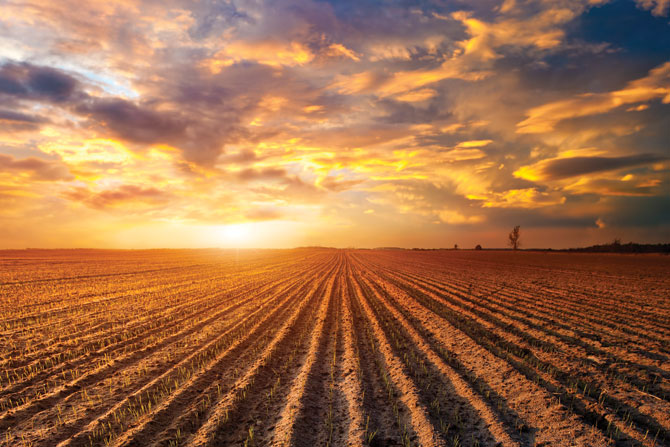By The Kansas Bankers Association

Dr. David Kohl,
Professor Emeritus,
Virginia Tech

Ed Elfmann,
Senior Vice President of Agricultural & Rural Banking Policy, ABA
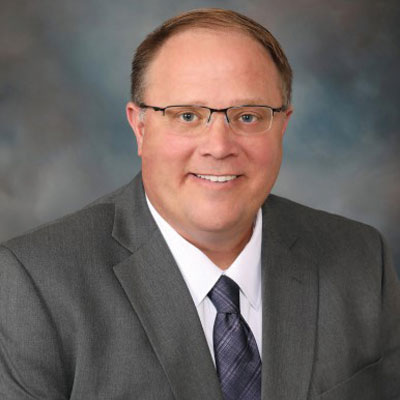
Lee Friesen,
Special Products Sales Manager, Diversified Crop Insurance Services

Tim Ohlde, CEO,
Country Banker Systems LLC
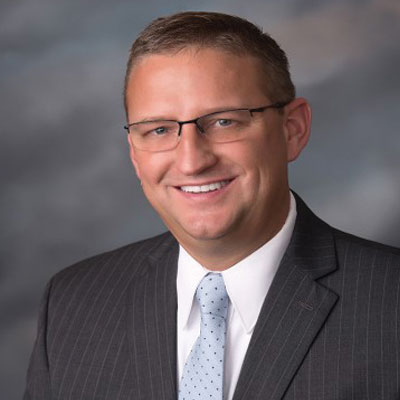
Shan Hanes, CEO of Heartland
Tri-State Bank
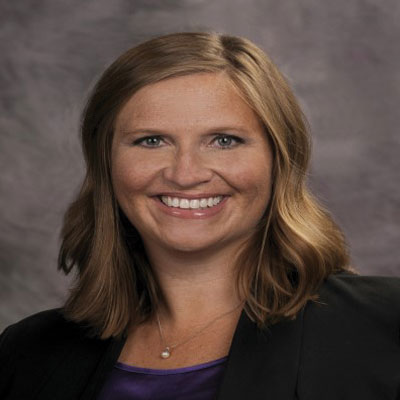
Kelsey Olson,
Deputy Secretary, Kansas Department of Agriculture

Michael Fielding, Partner, Husch Blackwell
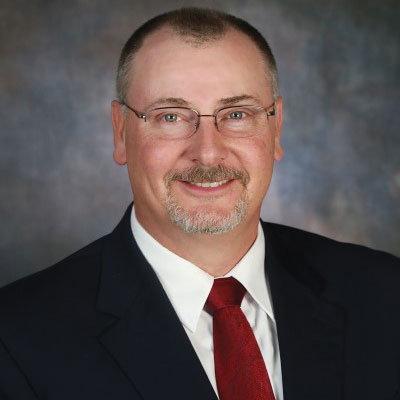
Doug Johnson,
Ag Strategist, Moody’s Analytics

Mike Jackson,
VP & Loan Officer, Ford County
State Bank
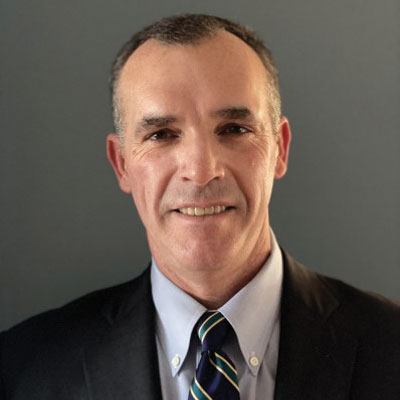
John Jilovec, Deputy Regional Director, FDIC

Damian Mason, Producer & Author, The Business of Agriculture
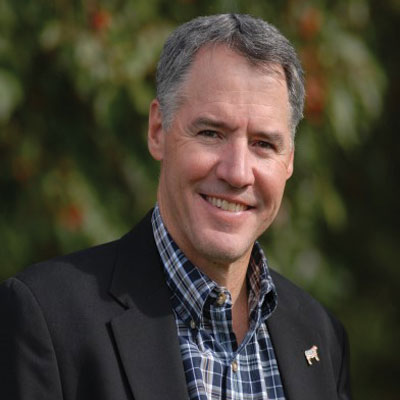
Randy Blach, CEO, CattleFax
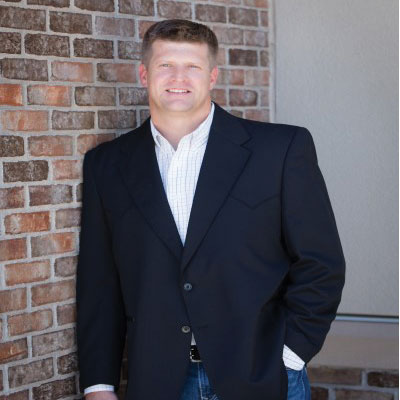
Paul Mussman, President, AgWest

Eric Snodgrass, Atmospheric Scientist, Nutrien Ag Solutions
The 2021 Kansas Ag Bankers Conference was held virtually March 3-4, with over 200 bankers in attendance. KAB President Tim Smith, First State Bank, Plainville, opened the conference with comments and introductions. KBA chairman Jonathon Johnson also made a few remarks to conference attendees.
The first presenter, Dr. David Kohl, shared how the sudden impact and lasting effects of the COVID-19 pandemic have created accelerated changes. It also has created economic and financial ripples that will be felt for years to come by many business models in agriculture. The 2020s will be the decade of economic divide that will test agricultural lending’s art and science. He also explained how a management mindset would be a critical element for success for agriculture in the next decade. The pandemic has shaped disruptions in markets, consumer trends and how one navigates everyday life. While some will equate the disruption as negative, others will view it as an opportunity. This pandemic has added rocket fuel to change in business and society. In farm and ranch business management, teamwork with family members is critical for success.
The next presenter was Mike Beam, Kansas Secretary of Agriculture. Mike shared how The Cares Act Funding expanded the capacity of that state’s food supply system. These grants allowed local food and agriculture businesses to expand their capacity to respond to their communities’ food supply needs. “Local businesses are critical to providing food to Kansans, and that need was made clear,” Beam said.
Aaron Popelka, Vice President of Legal and Governmental Affairs at Kansas Livestock Association, then gave an overview of HB 2204. This bill is intended to protect consumers from deceptive label practices by requiring disclaimers for plant-based foods.
ABA’s Senior Vice President of Agricultural & Rural Banking Policy Ed Elfman and KBA President & CEO Doug Wareham provided a campfire chat on federal ag and rural banking policy. Taking center stage was Enhancing Credit Opportunities in Rural America (ECORA) tax equity legislation. This looks to gain traction this year after it was signed into law in Kansas in February, and additional states are pushing the same legislation.
There were four breakout sessions:
- Crop Insurance
- Financial & Marketing Analysis
- Ag Stress
- More Effectively Resolving Distressed Ag Loans in Kansas
Attendees then listened to a panel discussion, “Managing Credit Risk and Regulatory Relationships: Thinking Differently Together.” Presenters were Doug Johnson, Ag Strategist from Moody’s Analytics; John Jilovec, Deputy Regional Director from Kansas City Region of FDIC; and Mike Jackson, Vice President at Ford County State Bank in Spearville. The panel shared concerns, challenges and found opportunities in the current Ag Era.
The first day wrapped up with “The Business of Agriculture” presented by Damian Mason, Producer, Host and Author and Agriculturalist. Damian provided a discussion about trends
and issues impacting the future of food and agriculture.
Day two started with Randy Blach, CEO of CattleFax, as he opened his outlook stating, “You think about the timing of the Tyson fire we had last year, and the market was depressed in September and October, we had a backlog, and the prices were lower than normal,” Blach said. Over the past couple of years, the cattle industry has navigated two Black Swan events, with the most recent supply chain challenges because of the coronavirus pandemic. Randy Blach stated that nearly 1 million head of fat cattle were backed up as a result. “The slaughter is pretty well back on pace, but record tonnage is being put through the system. That is testing these markets that are still under-performing relative to the potential out front.” The markets have somewhat recovered from lows in the summer of 2020. At that point, cattle were selling for $95 per hundredweight. Cash cattle prices are now around $114 per cwt. Blach realized that cattle producers are frustrated with the current market situation but believes a more optimistic outlook lies ahead. “There have been weather impacts the last couple of weeks that will shave some tonnage off these markets, and we’re now in a situation where global demand for ag products will increase. This should be a nice run for the ag industry over the next three-to-four years.”
Paul Mussman then provided his insightful presentation, “Update on Ag Markets and The Tools Farmers Can Use to Reduce Risk.” Mussman shared tips for marketing and profitable decision-making amid a challenging economy.
The 2021 annual meeting of the Kansas Ag Bankers Division was called to order by KAB Division President Tim Smith from First State Bank in Plainville. KAB Secretary/Treasurer David White from Intrust Bank in Wichita reviewed the minutes from the 2020 annual meeting and the current financial report. Following an introduction of the board members by Tim Smith, the KAB Board honored the passing of Dr. Barry Flinchbaugh with a moment of silence. Past President Elsa Havel from Grant County Bank in Ulysses presented the nominating report. Following the nominating process, Jay Meyer from Centera Bank in Sublette was inducted as the new KBA Kansas Ag Bankers Division President. The Vice President is David White, and the Secretary-Treasurer is Mikel Hadachek from Astra Bank in Belleville.
Eric Snodgrass closed the conference with his ever-popular weather update. Record-setting rains defined 2019 while flash drought, a derecho, 30 tropical cyclones, and western wildfires dominated weather headlines in 2020. Weather variability is the largest source of risk in production agriculture, and each year brings a new set of challenges to manage that risk throughout the growing season. Winter 2020-21 featured a fading La Nina, regional drought across Brazil and Argentina, and nearly 60% of the lower-48 was covered in some drought stage. So, what does this mean for planting season and into the summer? Snodgrass says the models are pointing to similar patterns that were present in 2020. “The corn and soybean belt will likely see above-average temperatures into May and June with some early-season drought. Then as the heat sets up, it will migrate west as we get into July and August,” he says. He notes the climate has already reshaped parts of the 2021 growing season. Since 1948, between March and May, the primary corn and soybean belt states have measured a 2” increase in precipitation. As for temperatures, they’ve warmed about one degree.
Thanks to the following sponsors:
Platinum – Schools of Banking, Bajillion Agency, Country Banker, Bankers’ Bank of Kansas, FarmerMac;
Gold – Ag Risk Solutions, INTRUST Bank NA;
Silver – First National Bank of Hutchinson, KBA Insurance Inc., FHLBank Topeka, Security 1st Title, Kansas Corn, Fort Hays State University Robbins College of Business and Entrepreneurship, Kansas Soybean Commission, AgWest Commodities.
The next Kansas Ag Bankers Conference will be on March 2-3, 2022, at the Hilton Garden Inn and Convention Center in Manhattan, Kansas.



